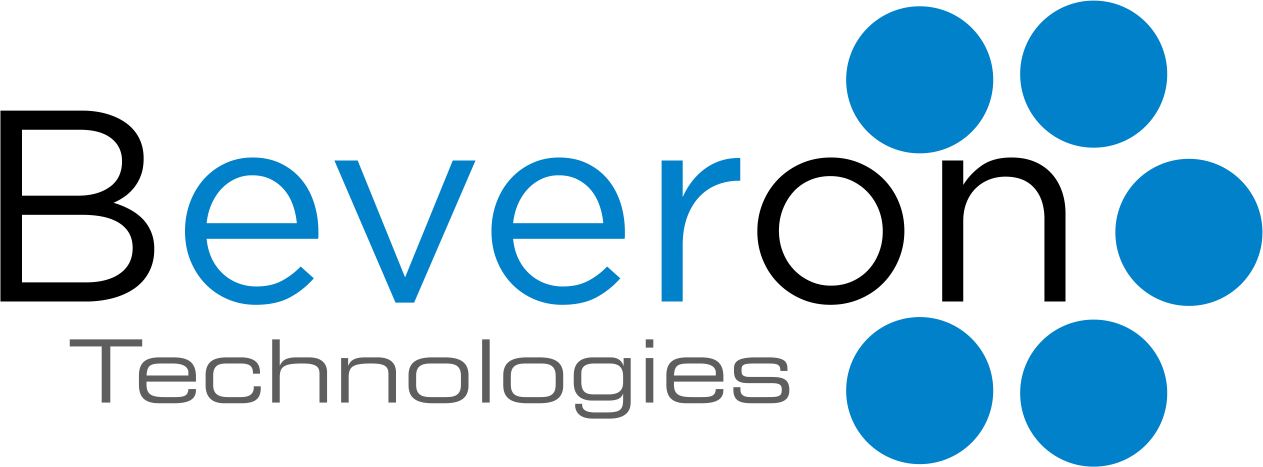

Beveron Smart Legal Counsel is the leading cloud-based legal software in Turkey, designed to streaml...

Smart Legal Counsel by Beveron is the leading cloud-based legal software in Thailand, designed to st...

Beveron Smart Legal Counsel is the leading cloud-based legal software in Tanzania, offering secure, ...

The impact of new technologies on corporate legal software is transformative. These technologies, such as artificial intelligence, machine learning, blockchain, and advanced analytics, have revolutionized legal processes, offering greater efficiency, accuracy, and agility. Corporate legal software integrated with these innovations can automate repetitive tasks, expedite legal research, improve document management, enhance contract analysis, and even predict legal outcomes. This not only streamlines the workflow for legal professionals but also reduces costs, mitigates risks, and ensures compliance with changing regulations. New technologies are fundamentally reshaping the way legal tasks are executed, empowering legal teams to be more strategic and client-focused, ultimately elevating the quality of legal services provided by corporations.In the rapidly evolving landscape of corporate legal affairs, staying ahead of the curve is essential. The role of technology in the legal industry is expanding, with corporate legal software and technology at the forefront of this transformation. In this blog, we will explore the future trends in corporate legal software and technology, shedding light on the innovations that are shaping the legal profession.
Artificial intelligence (AI) and machine learning are set to play an even more significant role in corporate legal software. These technologies will be used for contract analysis, legal research, due diligence, and even predicting legal outcomes. AI-driven tools can quickly sift through massive volumes of data, making legal processes more efficient and accurate.
Blockchain technology offers a secure and transparent way to create and manage smart contracts. Smart contracts are self-executing contracts with the terms of the agreement directly written into code. This technology not only reduces the need for intermediaries but also ensures trust and security in contract execution.
Legal analytics will become increasingly valuable for corporate legal departments. These tools allow lawyers to gather insights from past cases, predict case outcomes, and make data-driven decisions. By harnessing the power of data, legal professionals can develop better legal strategies and improve decision-making.
Document automation is poised to save significant time and effort in legal departments. This technology enables the quick generation of legal documents, contracts, and agreements by using templates and predefined rules. It minimizes the risk of errors and ensures consistency in document creation.
Virtual law assistants or chatbots are becoming more prevalent in corporate legal settings. They can handle routine inquiries, assist with legal research, and provide basic legal advice. These AI-driven assistants are available around the clock and can enhance client service while reducing the workload of legal staff.
As data breaches and privacy concerns continue to grow, cybersecurity and data privacy tools will be paramount for corporate legal departments. These solutions help in compliance with regulations such as GDPR and protect sensitive legal data from cyber threats.
With the increase in remote work, collaboration and communication tools for legal professionals will continue to evolve. These tools facilitate secure communication, document sharing, and project management, making remote work more efficient and secure.
An ecosystem of legal technology providers will continue to emerge, offering integrations and interoperability among various legal software solutions. This will allow law firms and legal departments to build comprehensive tech stacks tailored to their specific needs.
As technology becomes more integral to legal practice, ethical considerations will come to the forefront. Lawyers and legal professionals will need to navigate issues related to data privacy, security, AI bias, and ethical AI usage.
The future of corporate legal software and technology is exciting and full of promise. As the legal profession embraces innovative tools and solutions, the efficiency, accuracy, and accessibility of legal services will continue to improve. Staying updated on these emerging trends will be crucial for legal professionals and organizations aiming to remain competitive and provide the best service to their clients. Embracing these technological advancements can lead to more efficient legal processes, cost savings, and improved outcomes.
Smart legal counsel is the best corporate legal software that offers numerous benefits to organizations, simplifying and streamlining their legal operations. One of the key advantages is increased efficiency. This software automates and accelerates many time-consuming tasks, such as document management, contract analysis, and legal research, allowing legal professionals to focus on more complex and strategic aspects of their work. Additionally, it enhances compliance and risk management by centralizing data and providing real-time insights, reducing the likelihood of legal and regulatory issues. Moreover, the use of corporate legal software can result in significant cost savings by reducing the need for manual labor and minimizing errors in legal processes. Overall, corporate legal software empowers organizations to operate more smoothly, mitigate risks, and optimize their legal resources.
Best corporate legal software in Kenya
Best corporate legal software in Nigeria
Best corporate legal software in Oman
If you need free demo on best corporate legal software , please fill the form below